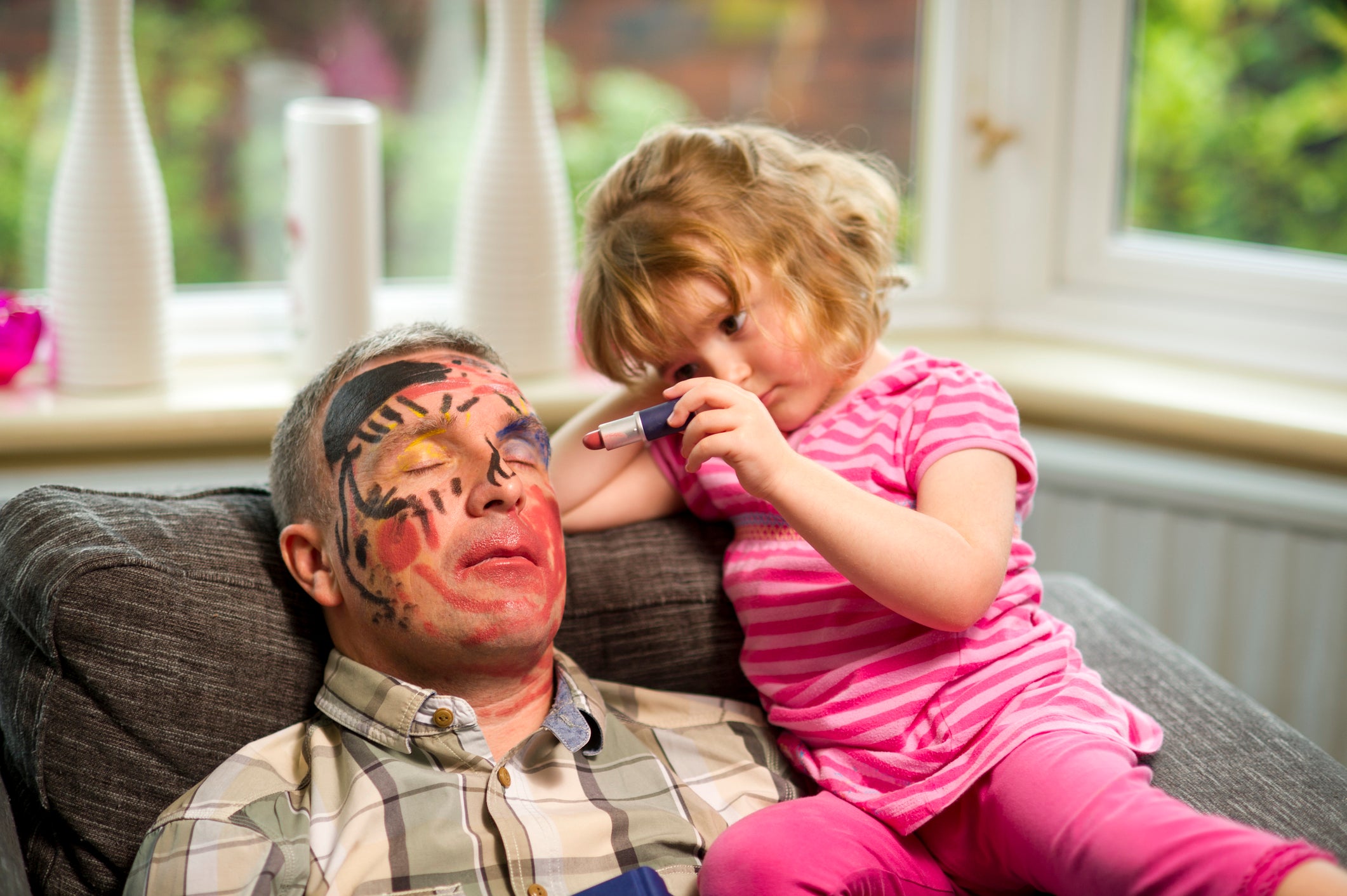The only argument we need to keep changing the clocks
The acts of putting our watches back at the end of October and forward again in March are important – even pleasurable – markers in the calendar, argues Will Gore


If the only thing you need to get up for in the morning is to log on to The Independent, then perhaps it doesn’t matter hugely when you wake from your slumber. But if you found yourself arriving an hour early, or is it late…no, early (I think) for a crucial gathering, then perhaps you cursed the changing of the clocks this weekend.
And, according to medical professionals, you’d be right to – not only because of the inconvenience you’ve suffered, but because turning the clocks backwards and forwards twice a year is apparently bad for our health.
On Wednesday, the British Sleep Society, which comprises medical, health and science professionals, issued a statement calling on the government to end the practice of shifting from Greenwich Mean Time (GMT) to British Summer Time (BST). Instead, they suggest, we should stick to GMT (or Standard Time) throughout the seasons, since the clocks would then be more closely aligned to solar time.
While this would mean earlier sunsets in the summer, apparently it’s in the mornings that our body clocks most need light to stay in sync. So, if we want good “circadian health”, we should let the clocks fall back once and for all.
I don’t think I’ve ever been badly caught out by the shifting hands of time. I have certainly had a couple of occasions when I forgot it was happening, but I was in my early twenties then, and Sundays went by in something of a blur whatever the actual time was.
I remember once, as a child, being at church on the day after the clocks went forward, when a family arrived just as the service was coming to an end – having clearly failed to get the memo. I distinctly recall feeling mortified for them; probably more bothered than they were themselves. But I suppose it would be better to miss Holy Communion than a flight.
Inconvenience and health issues aside, I’m sure that for many people, the greatest angst about the to-ing and fro-ing of the clocks results from attempts to get their kids to bed at a sensible time, or to wake them up early so that they have a better chance of getting into the new rhythm.
Inevitably, small children end up falling asleep at times to suit them, so it’s easier said than done. Older children seem to regard the changing of the clocks as some sort of excuse either for a late night or a lie-in – and hang the consequences if they get it the wrong way round.
All in all, there seem to be plenty of arguments against our current practice – and many more about whether, if we did ditch the twice-yearly change, permanent GMT or permanent BST would be the preferable alternative.
However, despite everything, I’m here to stand up for the status quo (and Status Quo, but that’s another column).
The acts of putting my watch back at the end of October, and forward again in March may seem like mild irritants, but actually they are important – even pleasurable – markers in the calendar.
In the autumn, that sudden shift to lighter (and colder) mornings and darker evenings hints at the cosy winter to come – the beginning of the slide towards jolly times at Christmas. Conversely, the switch in the spring, when you suddenly find yourself seeing the sunset as you get home from work, rather than before you leave the office, hurries the transition to summer.
And when summer does come, those long, light-filled evenings are a critical part of its joy. The scientists might be right about the health benefit of sunshine in the morning, but I wouldn’t want to give up a late summer evening stroll for it.
It’s exactly 60 years since Bob Dylan sang “The Times They Are A-Changin’” – and long may they continue to, biannually, even if it does make the kids a bit grumpy.
Join our commenting forum
Join thought-provoking conversations, follow other Independent readers and see their replies
Comments
Bookmark popover
Removed from bookmarks